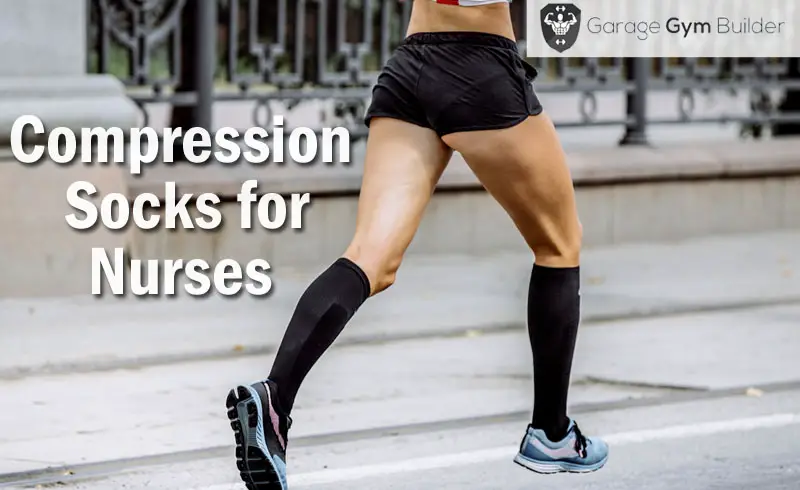

This sometimes can result in blood clots. When your legs lie flat for long periods of time, the flow of blood through your veins slows down and blood can pool in your legs. Being confined to bed for an extended period after surgery, a heart attack, leg fracture, trauma or any serious illness puts you at risk of blood clots. People who have severe symptoms of COVID-19 have an increased risk of pulmonary embolism.īlood clots are more likely to form during longer than usual periods of inactivity, such as: Other medical disorders such as kidney disease also can increase the risk of blood clots.

Some inherited disorders affect blood, making it more likely to clot. For this reason, medicine to prevent clots may be given before and after major surgery, such as joint replacement. Surgery is one of the leading causes of problem blood clots.

You also have a higher risk of blood clots if you have a personal or family history of breast cancer and are taking tamoxifen or raloxifene (Evista). Certain cancers - especially brain, ovary, pancreas, colon, stomach, lung and kidney cancers, and cancers that have spread - can increase the risk of blood clots. Heart and blood vessel disease, specifically heart failure, makes clot formation more likely. Some medical conditions and treatments put you at risk, such as: You're at a higher risk if you or any of your blood relatives, such as a parent or sibling, have had venous blood clots or a pulmonary embolism in the past. Seek urgent medical attention if you experience unexplained shortness of breath, chest pain or fainting.Ī blood clot in a leg vein may cause swelling, pain, warmth and tenderness in the affected area.Īlthough anyone can develop blood clots that result in a pulmonary embolism, certain factors can increase your risk.


 0 kommentar(er)
0 kommentar(er)
